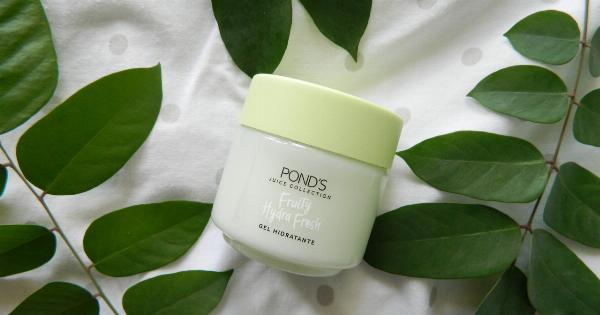Acne is a common skin condition that affects people of all ages. It can be frustrating to deal with, especially when it seems like nothing helps. However, there are several ways to treat acne and get rid of it for good. Here are three methods to consider:.
1. Establish a Skincare Routine
Establishing a daily skincare routine is crucial for preventing and treating acne. The following steps are essential:.
Cleanse
Cleansing your skin every day is crucial for removing dirt, oil, and bacteria that can lead to acne. Use a gentle cleanser suitable for your skin type and avoid harsh ingredients that can irritate your skin.
Tone
After cleansing, apply toner to your skin. Toner helps to balance your skin’s pH levels and prepare it for the next step.
Treat
Treat the affected areas with spot treatment products, such as salicylic acid or benzoyl peroxide. These ingredients help to unclog pores and reduce inflammation.
Moisturize
After spot-treating your acne, apply moisturizer to your skin. Moisturizer helps to hydrate your skin and prevent dryness, which can make acne worse.
Protect
Lastly, protect your skin from the sun by applying sunscreen with an SPF of at least 30. Sunscreen helps to prevent acne scars and pigmentation.
2. Change Your Diet
Your diet can play a significant role in the development and treatment of acne. Include the following foods in your diet:.
Fruits and Vegetables
Eating fruits and vegetables helps to provide your skin with essential vitamins and antioxidants that can prevent acne.
Include foods high in vitamin A, such as sweet potatoes, carrots, and spinach, and foods high in vitamin C, such as oranges, strawberries, and bell peppers.
Probiotics
Eating foods high in probiotics, such as yogurt, kefir, and fermented vegetables, can improve gut health and reduce inflammation, leading to clearer skin.
Omega-3 Fatty Acids
Eating foods rich in omega-3 fatty acids, such as salmon, sardines, and flaxseed, can reduce inflammation and prevent acne.
Water
Drinking plenty of water helps to hydrate your skin and flush out toxins that can cause acne. Aim for at least eight glasses of water per day.
On the other hand, try to avoid or minimize the following food groups:.
Dairy
Dairy products, such as milk, cheese, and yogurt, contain hormones that can disrupt your body’s hormone levels and lead to acne.
Sugar
Sugar and high-glycemic foods, such as white bread and pasta, can cause a spike in insulin levels and lead to acne.
Processed Foods
Processed foods, such as chips and candy, can cause inflammation in the body and worsen acne.
3. Seek Professional Treatment
If establishing a skincare routine and changing your diet do not improve your acne, it may be time to seek professional treatment. Here are some options to consider:.
Topical Medications
Your dermatologist may prescribe topical medications, such as retinoids or antibiotics, that can help to treat acne.
Oral Medications
In severe cases of acne, your dermatologist may prescribe oral medications, such as isotretinoin or birth control pills, that help to reduce oil production and prevent acne.
Laser Treatment
Laser treatment involves using a laser to destroy the bacteria that cause acne and reduce inflammation in the skin.
Chemical Peels
Chemical peels involve applying a chemical solution to the skin that exfoliates the top layer of skin and unclogs pores.
Conclusion
Acne can be a frustrating skin condition, but there are several ways to treat it and get rid of it for good. Establishing a daily skincare routine, changing your diet, and seeking professional treatment are all effective methods.
With perseverance and patience, you can achieve clear, healthy skin.



























